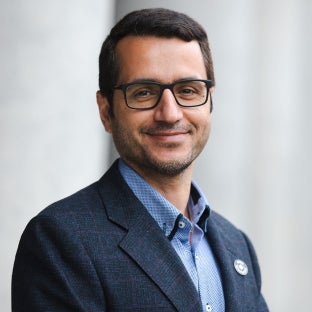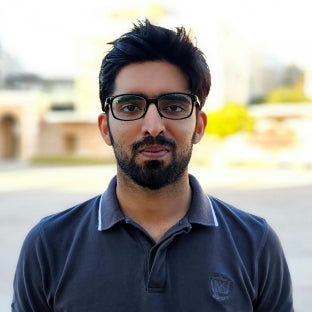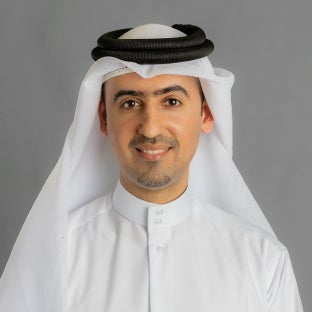Nonreciprocal Quantum Sensors
Quantum sensing harnesses phenomena like superposition and entanglement to achieve unparalleled precision and sensitivity, enabling the detection of magnetic, electric, and gravitational fields with extraordinary accuracy. These advancements hold transformative potential in fields such as metrology, navigation, medical diagnostics, and environmental monitoring, surpassing classical limitations and revolutionizing measurement techniques.
This research focuses on non-reciprocal quantum sensors, which utilize time-reversal symmetry breaking to achieve directional sensitivity and improved signal control. Nonreciprocity enables one-way signal transmission, prevents interference, and enhances signal-to-noise ratios, providing significant advantages over classical sensors. Leveraging effects such as non-Hermitian dynamics and topological protection, non-reciprocal quantum sensors offer selective and sensitive detection capabilities, with promising applications in areas like magnetometry.
A key innovation of this project is the use of parametric driving to realize non-Hermitian dynamics without external dissipation or post-selection. Non-Hermitian Hamiltonians exhibit unique features, such as exceptional points and parity-time symmetry breaking, which can significantly enhance quantum sensing. While current proposals focus on equilibrium systems, this research extends these concepts to non-equilibrium systems, exploring novel regimes of physics and their potential for advanced sensing applications.
To achieve these objectives, the project employs state-of-the-art computational methodologies, including exact diagonalization, tensor networks, and density matrix renormalization techniques. Additionally, the Kibble-Zurek mechanism provides a theoretical framework to study phase transitions, improving resolution and noise resistance in quantum sensors.
By advancing non-reciprocal quantum sensors, this research promises breakthroughs in quantum sensing, addressing both fundamental questions in non-equilibrium physics and practical challenges in measurement and detection technologies.
Funding

Members

Dr. Mohammedreza Rezaee
Lab Manager

Muhammad Talha Rahim
PhD Student
Quantum Sensing

Asad Ali
PhD Student
Quantum Communication

Dr. Saif Al-Kuwari
Director



